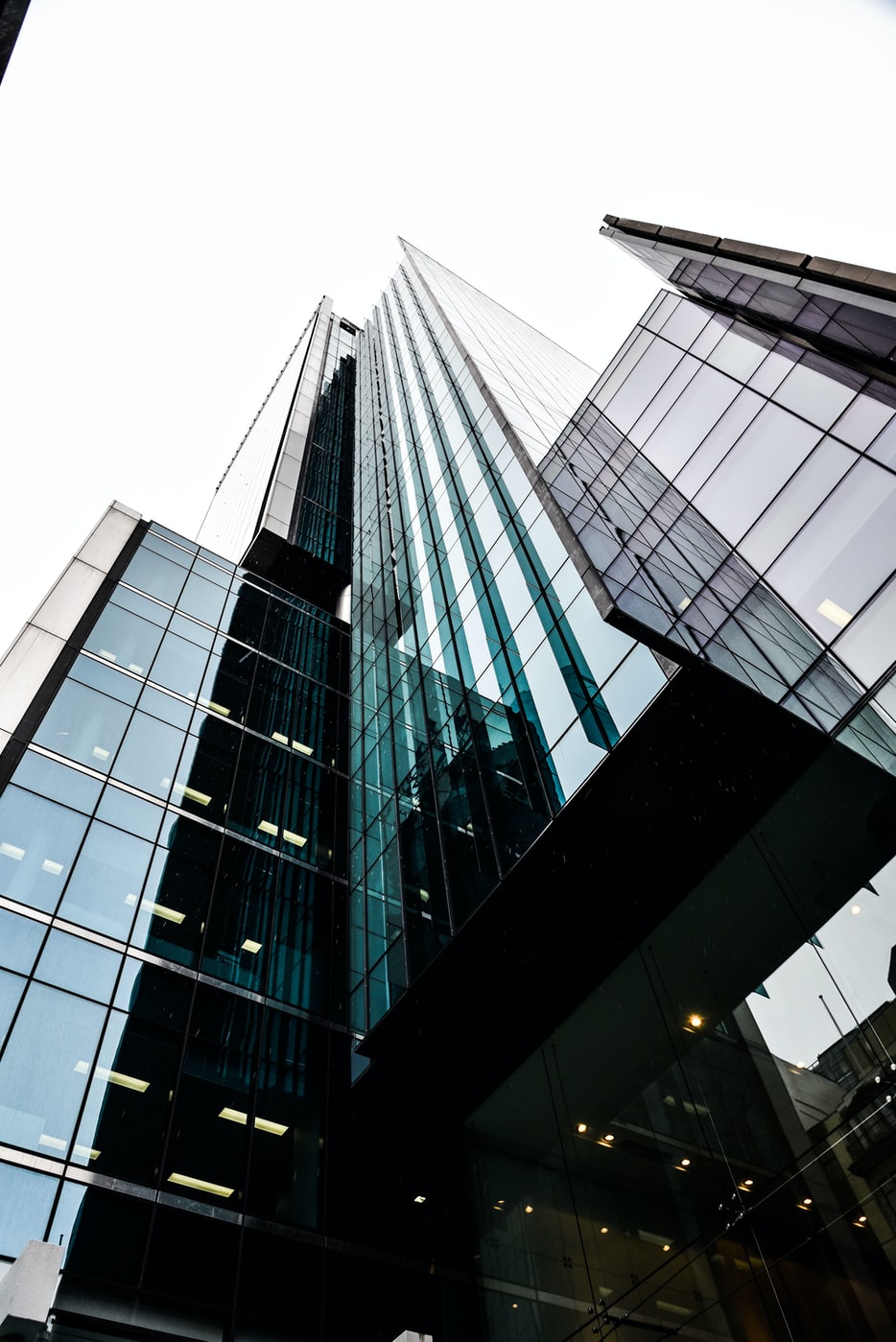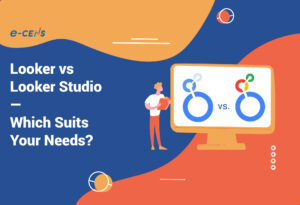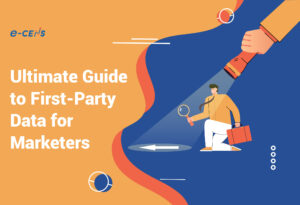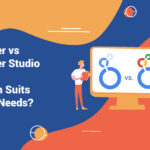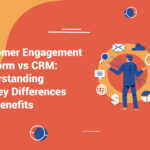Insight
Using Journey Analysis, it was discovered that users were not following the ideal sales path. Instead, users were moving from product pages to the product homepages and back again — looping between the two before exiting the website.
It was hypothesised that this behaviour was caused by users trying to compare products, therefore the decision was made to look deeper at the journeys of a specific segment: users arriving from comparators. It was discovered that many of these users were leaving the website right after landing on a product page.
The team knew they needed to remove distractions in the acquisitions journey and to provide a better approach to legal requirements versus visitor experience in order to improve overall conversion.
Using the Exposure Time metric in Zone-based Heatmaps, they were able to identify which areas of the product page were being interacted with the most, and which were causing frustration — noticing that users were spending a long time reading product pages, which were typically long and text-heavy.
Action
The team were able to present this analysis back to their legal department, who were hesitant about simplifying the legal information on the product pages. By clearly showing the lack of user engagement on the page, they were able to convince them that the product pages needed restructuring.
Result
The changes led the average conversion rate of product pages to increase by 40%. And for some product pages, that conversion rate increased by 80%.

